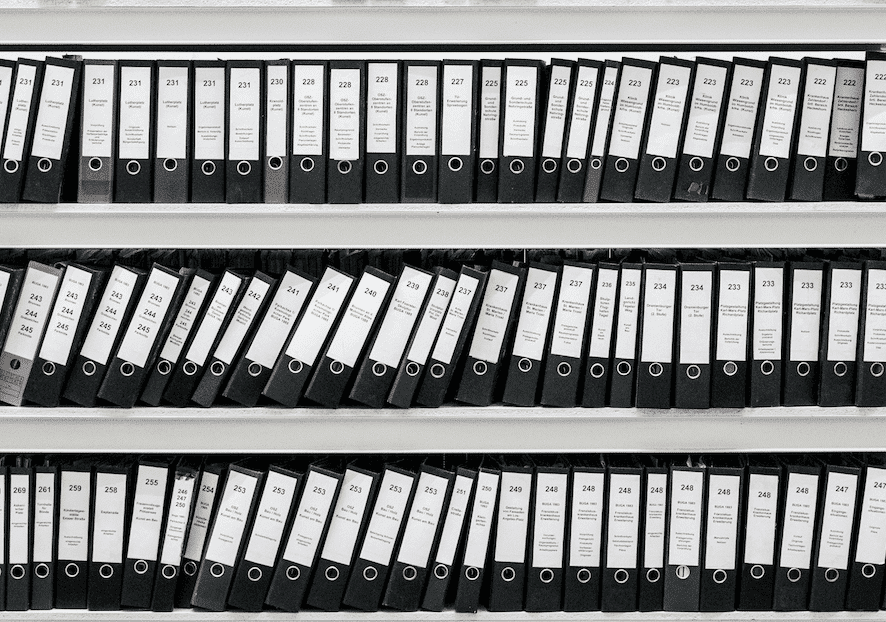For businesses of every size, email archiving solutions are becoming required for continuity, compliance, and organizational integrity. There are several reasons for this trend, but the 3 primary reasons for it generally fall under the umbrella of securing email in order to keep an organization compliant, its users’ information secure and ensure business continuity.
Email Archiving for Legal, Compliance and Industry Requirements
For many industries, particularly in health and finance, regulations are in place that require email archives to be kept. The reasons range from settling disputes to keeping data secure, protected and recoverable, as well as secure storage of Electronic Protected Health Information (ePHI), customer data or other personal client information.
FINRA, HIPAA and other regulations not only impose varying record retention policies, but having records in and of themselves can mitigate the risk of both regulatory fines and citations and legal risks. Up to 55% of businesses will be required to produce email by legal or regulatory bodies over the course of their lives, and while internal disputes or bad hires may often be a source of those risks, a properly implemented email archive solution can keep all information properly stored and prevent it from being deleted, meaning no records are lost and legal risk is minimized for any business using it.
Business and Email Continuity
With every instance of staff and employee turnover, changes in management, and development client relationships, there are inherent risks that information will be lost, misplaced or otherwise forgotten when it may in fact still be critical to the future of a company. While this sort of business continuity is crucially provided by email archiving, such an archive also ensure business continuity in the case of disaster, serious incidents or previously unanticipated “acts of god” that can wipe out servers or access, and put the crucial data on which all businesses run today at work.
In the event of an email server failure or a case in which disaster recovery is required, the cost to businesses going without access to emails can be very high, along with the potential risks involved with ensuing litigation or risks posed to customer data. Email Archiving, and offsite, cloud email archiving in particular, can ensure continuity for a business no matter the changes or unforeseen events that come.
Data Protection
With the increasing frequency of phishing, ransomware and even Zero Day Attacks plaguing organizations with a variety of software systems, protecting and maintaining secure data is key to mitigating the risks faced by every organization today. In cases where these attacks may occur, a secure, offsite and tamper-proof cloud email archive allows your business to ensure the recoverability of all your email data if ever it is compromised, lost or otherwise maliciously “wiped” or held ransom.
Email Archiving Solution Factors to Consider
For most businesses and organizations, not having an archival policy can end up costing many times more in legal fees and operational costs than the cost of a cloud email archiving solution. So, when starting to consider a solution consider the following to ensure that you get a solution that fulfills all your requirements and properly mitigates the risks of going without one:
- Regulatory Compliance: Is your solution compliant with your industry’s regulations, whether it be HIPAA, FINRA or another common code?
- Email Logs: How are these retained and accessed by an end-user or admin?
- Retention Policy: Most providers will provide anywhere from 30 days to 10 years (for regulatory compliance). What controls can be put in place to automate this process?
- eDiscovery: “Discovery” isn’t just a fancy term for lawyer and cop shows, it happens in real legal proceedings. eDiscovery allows you to efficiently package and deliver email records that may be relevant to a legal process – does the solution you’re considering include it as a feature?
- Restoring from Backup: How easily can you recover and restore your inboxes in the event of an email disaster?
- Email Continuity: Does your cloud email archive come with an Email Continuity feature? This allows your users to access an emergency inbox whenever there is a temporary outage of your email server (which happens if you are running Office 365).
- User Access: How easy will it be for your colleagues to access their inboxes in the event of a server outage or attack? What kind of permission levels are available to give your users appropriate access when they need it?
- Integrations: How well does your archiving solution work with Exchange Journaling or Remote Journaling with Office 365?
- Migration: How easily does your archiving solution allow for export and movement to another solution, for any reason.
These are the basics. Once your requirements are established, it becomes much easier to consider costs and understand where you’ll get the best value. Otherwise, this should be enough to get you thinking about whether you need archiving or not.
Your email archiving solution is an important element of your cyber and certainly email security plan. It is also a piece that can require little day-to-day management if you correctly address these key issues from the outset.
Talk to us about getting setup on modusCloud’s Cloud Email Archiving today, offering a 10 year retention policy, easy eDiscovery, automated policies, 24/7/365 customer support and more.



